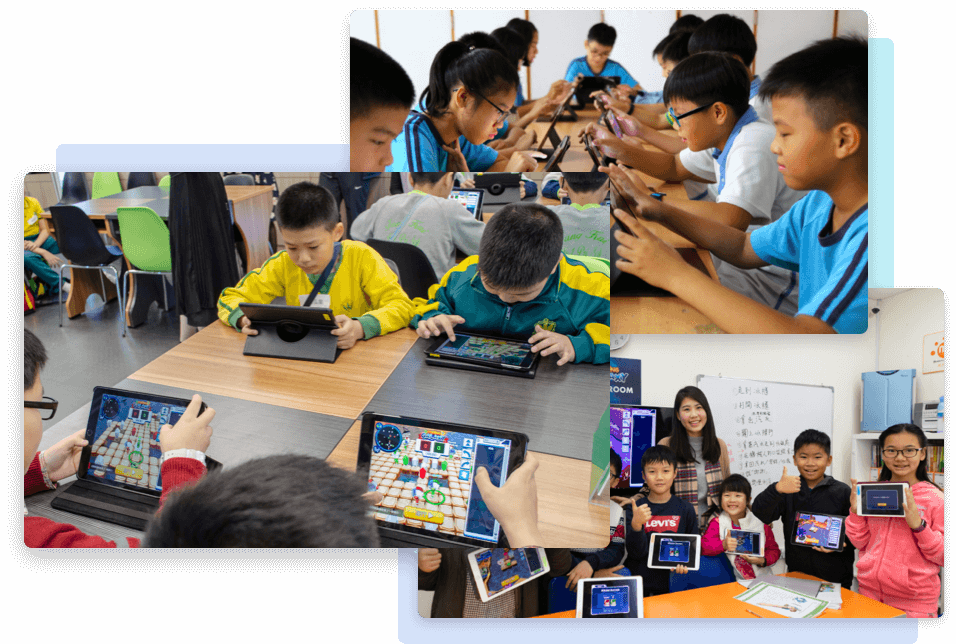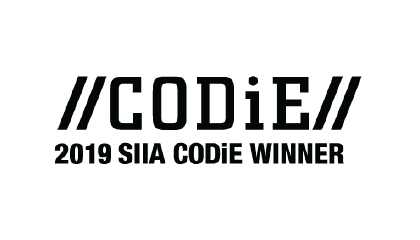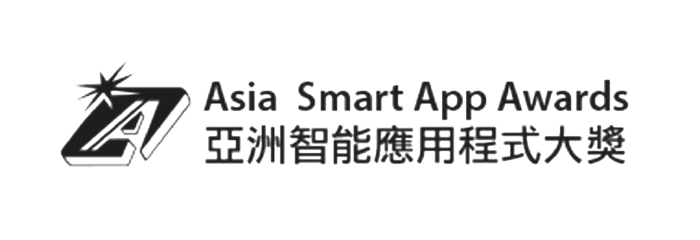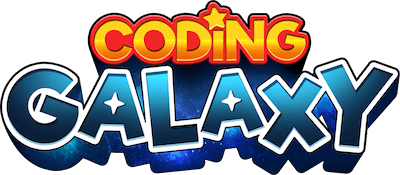Coding Galaxy
A total solution to Computational Thinking education for primary schools

In digital age, coding has become an essential subject and skill to students. In fact, many governments encourage students to build a solid foundation in early schooling.
Coding Galaxy total teaching solutions provides a comprehensive Computational Thinking training to primary students to cultivate their problem solving skill, and to lay a foundation for their coding study in the future. Coding Galaxy won various awards and is proven to increase students’ efficiency in learning.
Apart from training students’ Computational Thinking, Our new E-Sports module provides a chance for students to sharpen their communication skills and team spirit.
Lay the foundation of Computational Thinking with diverse learning modes
Computational Thinking courses
Coding Galaxy consists of 3 levels of difficulty. By connecting computational thinking with concrete daily examples, Coding Galaxy helps learners visualize and make concepts accessible.
Foundation
16 teaching hours course targeting students aged from 5 to 7 years old with no prior coding experience.
Key Concepts
Sequences
Loops
Events
Debugging
Decomposition
Parallelism
Learning Objectives
Identify basic programming and computational thinking concepts
Apply concept of sequences to illustrate daily activities
Analyze simple problems in a systematic way
Predict the outcome from executable instructions
Revise plan according to the outcome of a trial
Recognize loops and their use
Elementary
16 teaching hours course targeting students aged 8 or above with no prior coding experience.
Key Concepts
Sequences
Loops
Events
Debugging
Decomposition
Pattern Recognition
Parallelism
Learning Objectives
Apply programming and computational thinking concepts
Use decomposition to analyze problems and formulate solutions
Revise and optimize plan according to outcome of a trial
Recognize patterns and use loops to simplify the solution
Advanced
16 teaching hours course targeting students who completed the Elementary level.
Key Concepts
Loops
Events
Conditionals
Functions
Debugging
Decomposition
Pattern Recognition
Abstraction
Learning Objectives
Comprehensively apply programming and computational thinking concepts to solve problems
Use flowcharts to illustrate solutions
Use conditionals to optimize solutions
Identify functions and their use
Decompose problems into different levels of details and use abstraction to analyze and formulate top-down solutions
Coding Galaxy fulfils international standards
Coding Galaxy’s curriculum meets multiple international standards of computer science education, including CSTA K-12 Computer Science Standard developed by the Computer Science Teachers Association (CSTA), which classified computer science learning in K-12 into 3 levels and set standards for each level. Below is the standards which Coding Galaxy fulfils:
L1:3.CT.1
Use technology resources (e.g. puzzles, logical thinking programs) to solve age-appropriate problems
L1:6.CT.1
Understand and use the basic steps in algorithmic problem-solving (e.g., problem statement and exploration, examination of sample instances, design, implementation and testing).
L1:6.CT.2
Develop a simple understanding of an algorithm (e.g., search, sequence of events or sorting) using computer-free exercises.
L2.CT.1
Use the basic steps in algorithmic problem-solving to design solutions (e.g., problem statement and exploration, examination of sample instances, design, implementing a solution, testing and evaluation).
L2.CT.2
Describe the process of parallelization as it relates to problem solving.
L2.CT.3
Define an algorithm as a sequence of instructions that can be processed by a computer.
L2.CT.4
Evaluate ways that different algorithms may be used to solve the same problem.
L2.CT.6
Describe and analyze a sequence of instructions being followed (e.g., describe a character’s behavior in a video game as driven by rules and algorithms).
L2.CT.12
Use abstraction to decompose a problem into sub problems.
L3A.CT.1
Use predefined functions and parameters, classes and methods to divide a complex problem into simpler parts.
L1:3.CT.1
Use technology resources (e.g. puzzles, logical thinking programs) to solve age-appropriate problems
L1:6.CPP.6
Implement problem solutions using a block based visual programming language.
L2.CPP.5
Implement problem solutions using a programming language, including: looping behavior, conditional statements, logic, expressions, variables and functions.
L2.CPP.6
Implement problem solutions using a programming language, including: looping behavior, conditional statements, logic, expressions, variables and functions.
Quality standard in education and technology
Coding Galaxy is also certified by Education Alliance Finland, which the evaluation criteria is recognized by educational researchers in the University of Helsinki in Finland and have confirmed that Coding Galaxy can boost learning efficiency.




Our partners

If you interested to be our training partner or resellers, please contact us.

